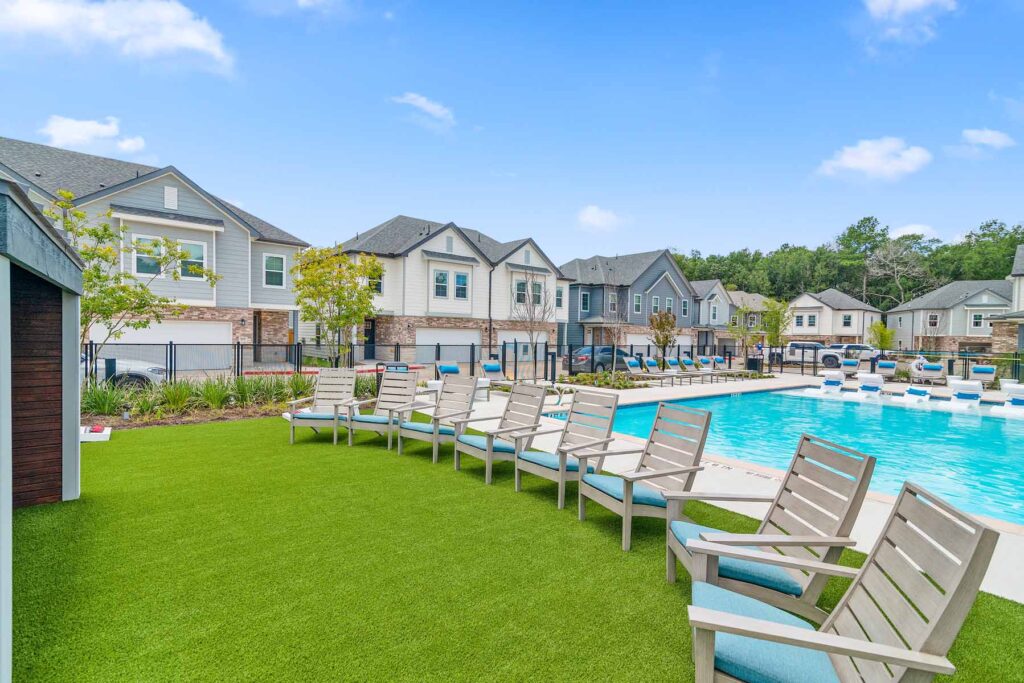
Living in an apartment community like Villas at Birnham Woods in Spring, TX, offers a host of benefits, from modern amenities to a close-knit community feel. However, one area where apartment living can sometimes be challenging is energy efficiency. With the right tips and strategies, you can significantly reduce your energy consumption, lower your utility bills, and contribute to a greener planet. In this article, we provide comprehensive energy-saving tips tailored for residents of Villas at Birnham Woods.
Understanding Energy Consumption
The Basics of Energy Use in Apartments
Understanding where and how energy is consumed in your apartment is the first step to making impactful changes. In most apartments, heating, cooling, and lighting are the primary energy consumers.
Common Energy Wasters in Apartments
Some of the most common energy wasters include leaving lights on when not needed, using outdated appliances, and poor insulation. Identifying these areas can help you make targeted improvements.
Efficient Lighting Solutions
Switching to LED Bulbs
LED bulbs are up to 80% more efficient than traditional incandescent bulbs. They last longer and consume less power, making them a simple yet effective energy-saving solution.
Utilizing Natural Light
Maximize the use of natural light by keeping your blinds and curtains open during the day. This reduces the need for artificial lighting and can help you save on electricity bills.
Installing Dimmer Switches
Dimmer switches allow you to adjust the brightness of your lights according to your needs, thereby saving energy. They’re especially useful in areas where full lighting is not always necessary.
Smart Thermostat Usage
Benefits of Smart Thermostats
Smart thermostats can learn your schedule and adjust the temperature accordingly, ensuring that you’re not wasting energy heating or cooling an empty apartment. They can be controlled remotely, offering convenience and savings.
Best Practices for Thermostat Settings
Set your thermostat to a comfortable but energy-efficient temperature. During the winter, try setting it to 68°F while you’re home and lower when you’re away. In the summer, aim for 78°F when you’re home.
Appliance Management
Energy-Efficient Appliances
Investing in Energy Star-rated appliances can significantly reduce your energy consumption. These appliances meet strict energy efficiency guidelines set by the U.S. Environmental Protection Agency. Lucky for you, each of our homes are built with energy-efficient appliances!
Regular Maintenance for Efficiency
Regularly cleaning and maintaining your appliances ensures they run efficiently. For instance, cleaning the lint filter in your dryer and defrosting your freezer can improve performance and save energy.
Heating and Cooling Tips
Seasonal Adjustments
Adjust your thermostat settings seasonally to reflect the changes in weather. Using fans in the summer and layering clothing in the winter can reduce the need for excessive heating and cooling.
Maximizing HVAC Efficiency
Ensure your HVAC system is running efficiently by replacing filters regularly and scheduling annual maintenance checks. This keeps the system running smoothly and reduces energy waste.
Water Heating Efficiency
Lowering Water Heater Temperature
Set your water heater to 120°F. This temperature is hot enough for everyday use but can save you up to 10% on water heating costs.
Using Water-Saving Fixtures
Install low-flow showerheads and faucets to reduce water use without sacrificing water pressure. This not only saves water but also reduces the energy needed to heat it.
Insulation and Sealing
Sealing Drafts and Leaks
Use weather stripping and caulking to seal drafts around windows and doors. This prevents heat from escaping in the winter and keeps your apartment cooler in the summer.
Adding Window Insulation
Consider adding window insulation film to reduce heat loss. Heavy curtains or thermal blinds can also help maintain the temperature inside your apartment.
Energy-Efficient Habits
Unplugging Devices When Not in Use
Many devices consume energy even when they’re turned off. Unplugging them or using a smart power strip can help eliminate this phantom load.
Optimal Use of Power Strips
Power strips allow you to turn off multiple devices at once, preventing energy waste. Consider using a smart power strip that can automatically shut off power to devices that are not in use.
Green Living in Apartments
Indoor Plants and Air Quality
Indoor plants not only improve air quality but also contribute to a cooler environment, reducing the need for air conditioning. Plants like aloe vera and snake plants are excellent choices.
Recycling and Waste Reduction
Participate in your community’s recycling program and try to reduce waste. Composting organic waste is another way to minimize your environmental footprint.
Community Initiatives
Participating in Community Energy Programs
Many apartment communities, including Villas at Birnham Woods, offer energy-saving programs and initiatives. Participate in these programs to contribute to a collective effort towards sustainability.
Benefits of Shared Resources
Utilize shared community resources like laundry rooms and recreational facilities, which are often more energy-efficient than individual units.
Renewable Energy Options
Solar Panels for Apartments
Explore the possibility of using solar panels. Some apartment complexes offer shared solar panel systems that can reduce your reliance on traditional energy sources.
Green Energy Plans from Utility Providers
Check if your utility provider offers green energy plans that source electricity from renewable resources. Switching to a green energy plan can significantly reduce your carbon footprint.
—
FAQs
What are some simple energy-saving tips for my apartment?
Simple tips include switching to LED bulbs, using smart power strips, and unplugging devices when not in use. Regular maintenance of appliances and adjusting thermostat settings also help.
How can I reduce my heating and cooling costs?
Lower your thermostat in winter and raise it in summer. Use fans and natural ventilation, seal drafts, and ensure your HVAC system is well-maintained.
What appliances use the most energy in an apartment?
Heating and cooling systems, water heaters, and large appliances like refrigerators and dryers typically use the most energy. Upgrading to energy-efficient models can reduce consumption.
Are smart thermostats worth the investment?
Yes, smart thermostats can lead to significant savings by optimizing heating and cooling schedules. They offer convenience and can be controlled remotely.
Can plants help reduce energy consumption?
Yes, indoor plants can improve air quality and provide natural cooling, which can reduce the need for air conditioning.
How can I involve my community in energy-saving efforts?
Participate in community energy programs, utilize shared resources, and encourage neighbors to adopt energy-saving habits. Collective efforts can lead to greater impact.
—
Living at Villas at Birnham Woods in Spring, TX, offers numerous benefits, including the opportunity to adopt energy-efficient practices that save money and benefit the environment. By implementing the tips outlined in this article, you can make your apartment more energy-efficient, reduce your utility bills, and contribute to a sustainable future. Embrace these changes today and enjoy the rewards of a greener, more efficient lifestyle.


